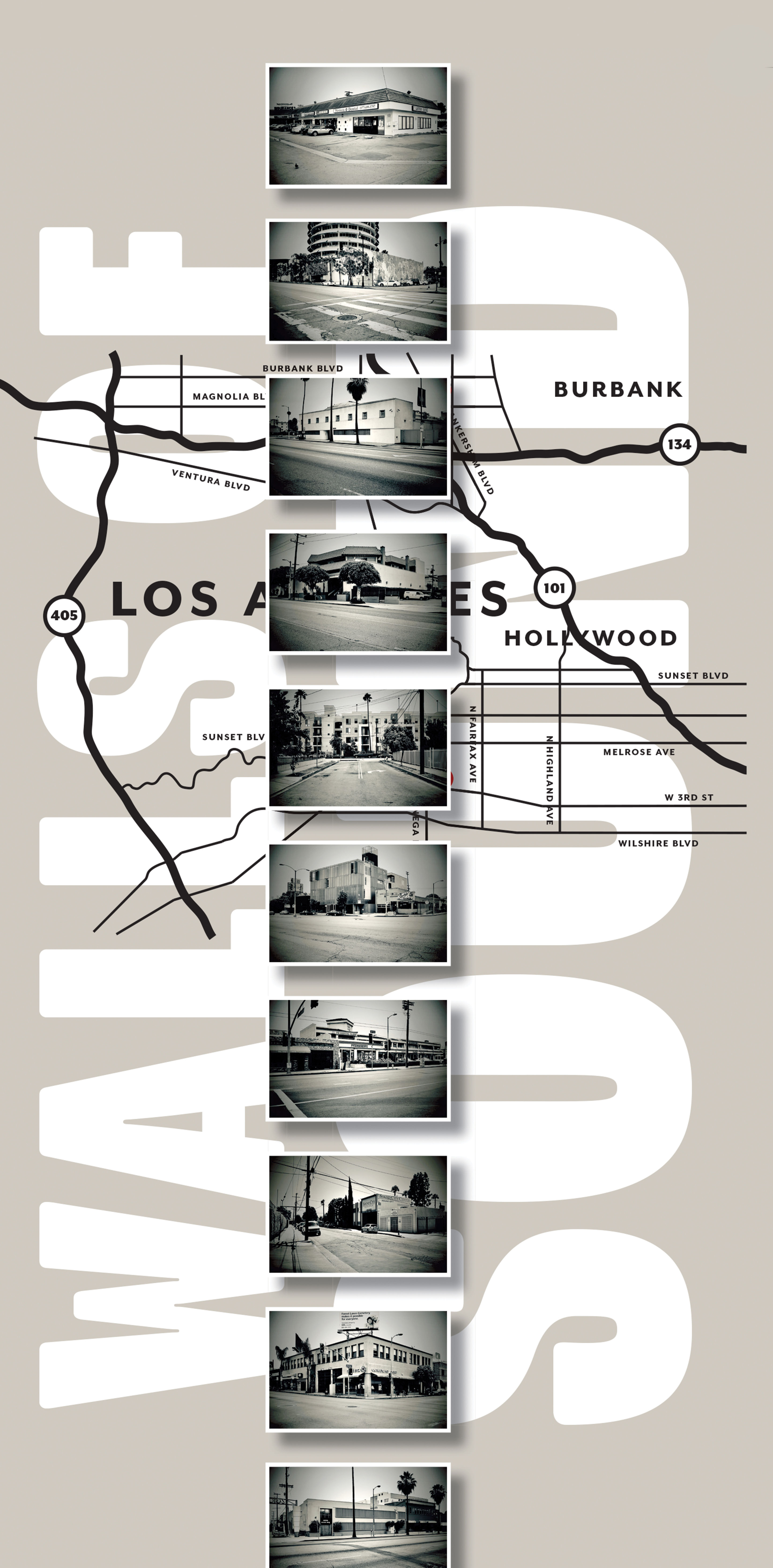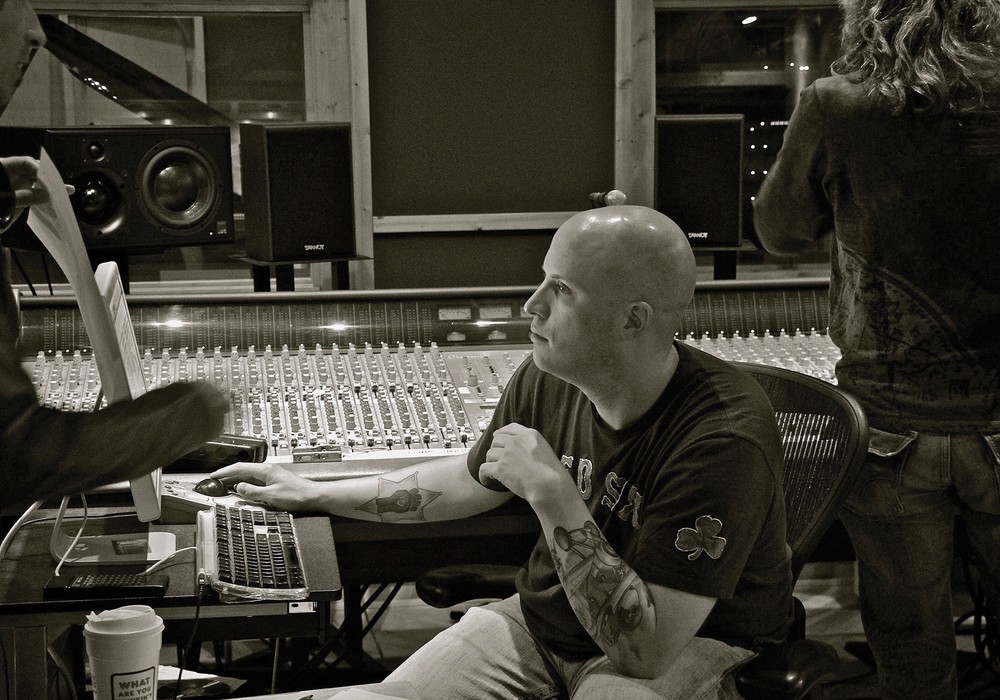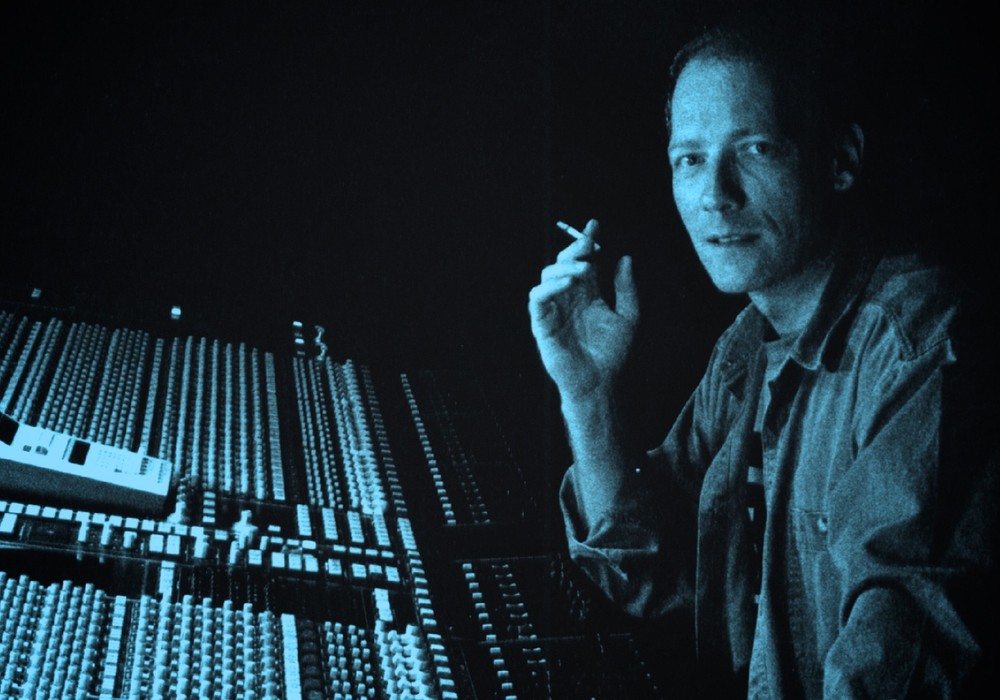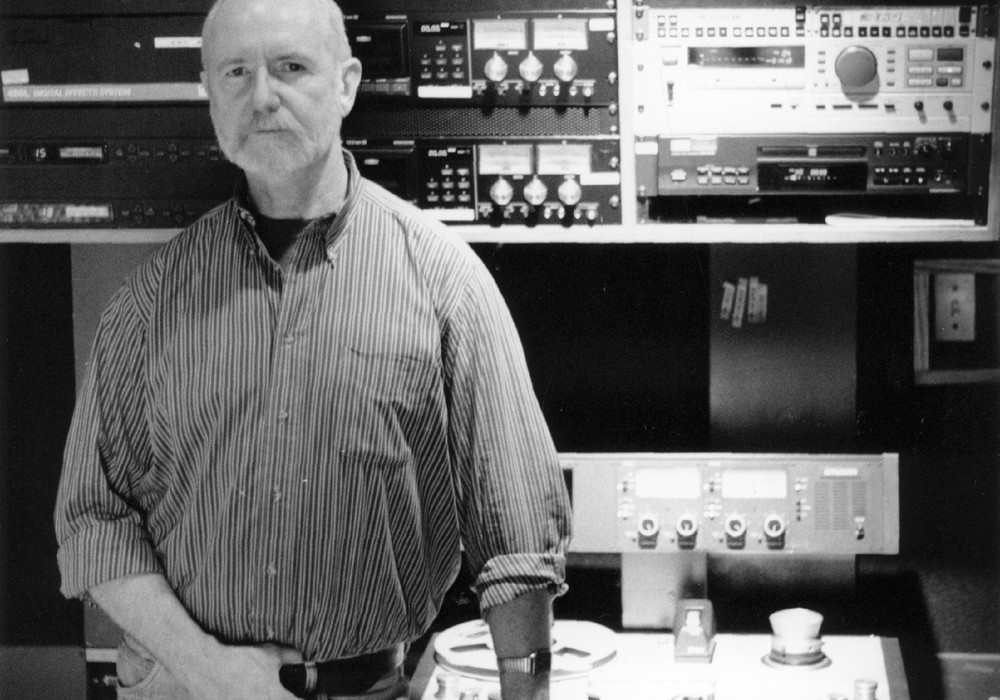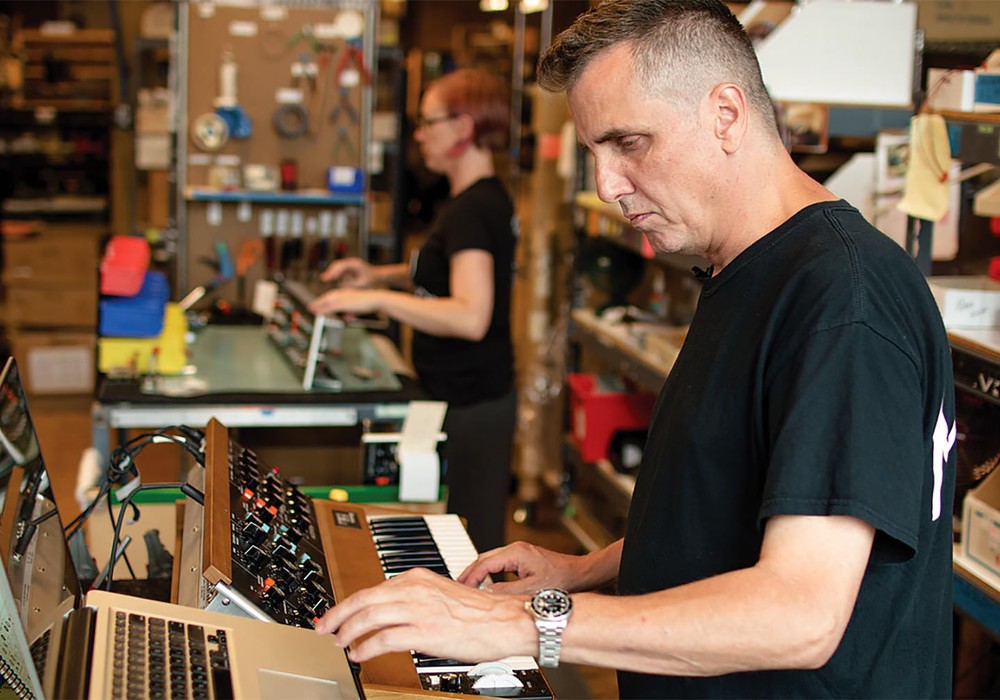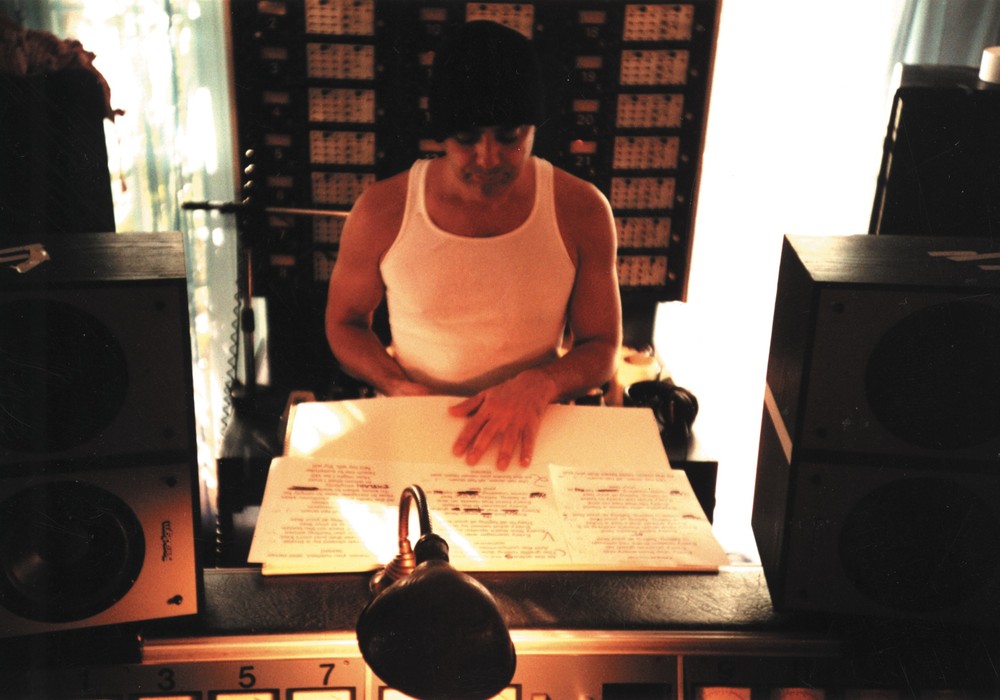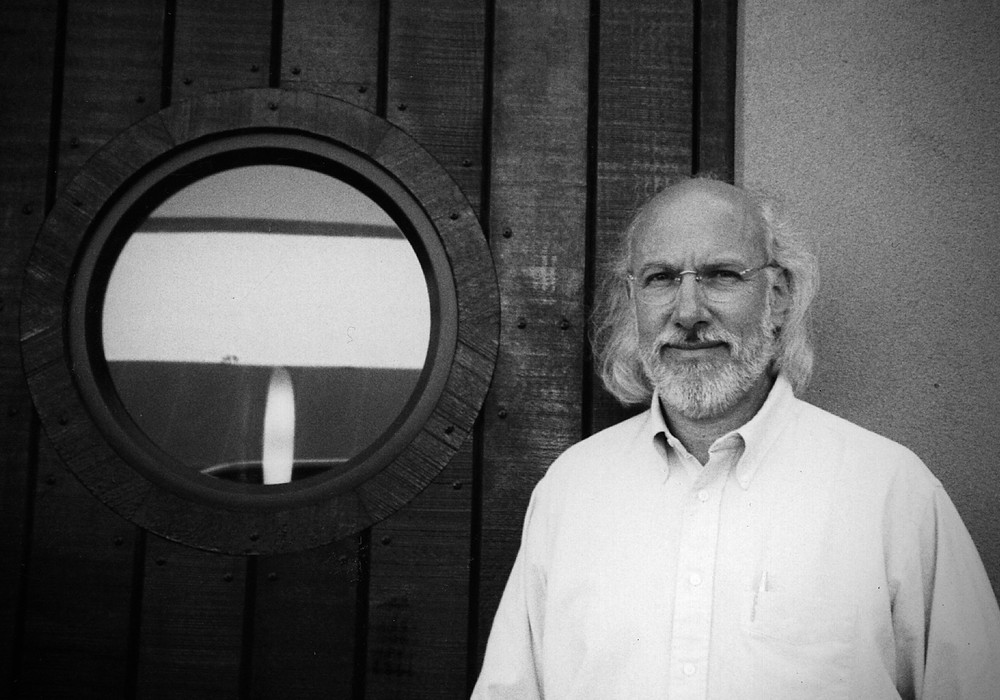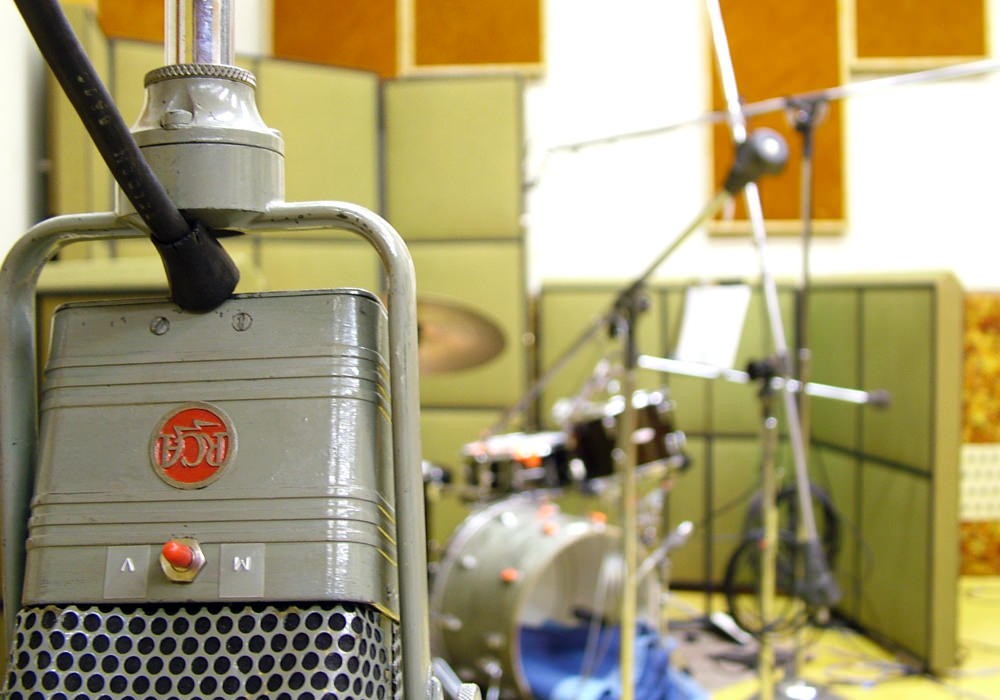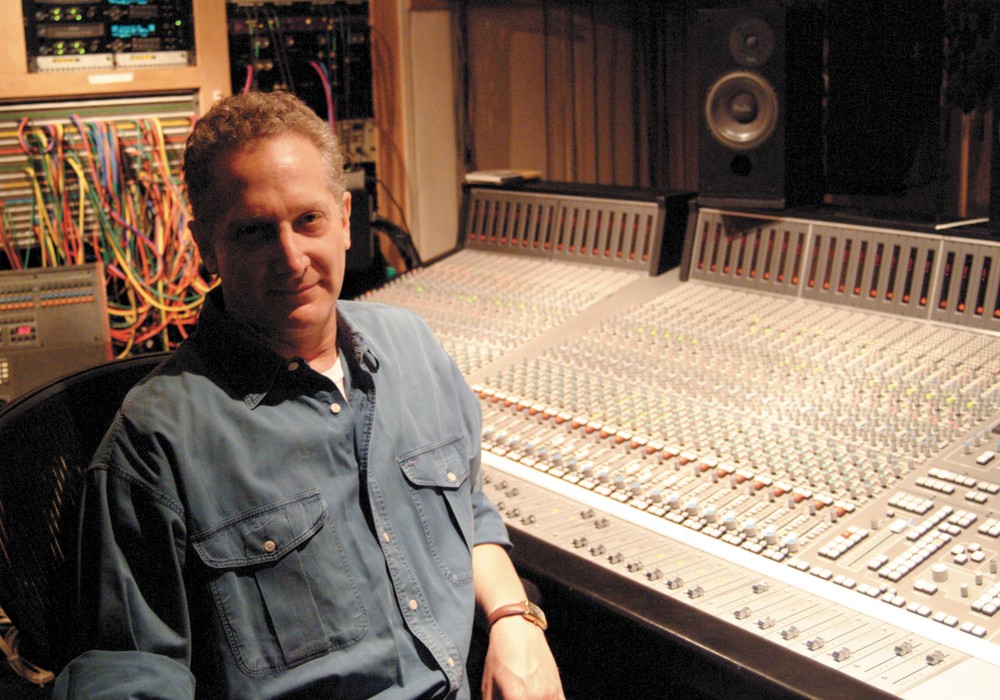When you're young and picking a career, everyone always tells you to "do what you love." In the music industry however, sometimes such lofty platitudes aren't enough to pay the bills – even if one possesses all the necessary skills, passion, and drive. Producer/engineer Mark Hornsby built his career on a key piece of advice from his uncle, who is still working as an engineer in Nashville. This advice wasn't a meaningless platitude, but rather lucid advice for a budding engineer who was already doing what he loved, "If you want to stay busy, and have longevity, you've got to diversify." Hornsby took the advice to heart, and since then it has led him to work on a vast amount of projects – not only keeping him gainfully employed, but also leading him to work on a host of various projects from King Crimson, to George Strait, to Bootsy Collins. Hornsby recorded and mixed Beth Hart's Live at Royal Albert Hall album last year, as well as recording, producing, and mixing gospel artist Russ Taff's latest comeback album, Believe. Generally, Hornsby's philosophy on any project is to get the artist into a frame of mind where they can be comfortable and 'hit record' – while intuitively following the natural flow and technical demands of the song. As a mix engineer, Hornsby gained much of his critical listening skills early in his career while working as an assistant at Seventeen Grand Recording, one of the first 5.1 mix facilities in the country. Fast-forward roughly four decades and thousands of projects later, Hornsby is at the top of his game at Fort Wayne, Indiana-based Sweetwater Studios, the commercial studio arm of retailing operation Sweetwater Sound. Sweetwater is inspiring and reshaping a new culture in Fort Wayne – formerly a sleepy rust belt town built primarily on industrial manufacturing. Hornsby has been a key part of the studio's operations, looking after all of its recording projects and MasterClasses.
Sweetwater Studios has attracted Anthrax, Robben Ford, Eric Johnson, and Jordan Rudess – just in the last year. Can you talk about the big picture in Fort Wayne and what is driving this?
I think Sweetwater, as well as Chuck and Lisa Surack personally, are the driving force behind all of it. I came to Sweetwater as a visitor in 1998 while I was living in Nashville at the time, and honestly there wasn't a lot going on in Fort Wayne. When I visited, I was driving around wondering, "What do people do here?" Of course that has all changed now.
What was the main industry back then?
It was kind of a fall-out industry town, so you had all these old abandoned factories. Downtown, there's a 300-acre GE plant that has been abandoned for years. Manufacturing was a huge thing here up until the '80s, and eventually they closed it all down. So much of the area became depressed through the '80s and the early '90s, and then it started to come back. Now the GE campus is being repurposed into living, retail, and green community park space. There is also a river walk being constructed downtown where the rivers come together. Sweetwater has been a major engine for job growth and culture here. The company has grown roughly 20 percent each year since the mid 2000's. That's a pretty impressive growth rate; and just last year we hired about 700 people across all the various Sweetwater companies. Now Sweetwater is the largest privately-owned company in Northeast Indiana – and about 80 percent of the people working here are musicians. This is having a real impact on the arts. This has definitely bled into the community at large.
What was the main fuel for the business when Chuck started it?
Well, it started as a recording studio. He never thought about retail in the beginning at all – he was just trying to make some extra money while playing in various bands around the region. His start in retail was when he bought a Kurzweil K250 and he wanted to make his own samples for it. Ray Kurzweil told him that he couldn't do that, at that point. So, Chuck reverse-engineered it and started recording his own samples and used them in the recording studio. After all that, Chuck became a Kurzweil dealer. But he was just making samples and having fun while selling some keyboards. When the online thing came to be, Chuck got the Sweetwater Sound domain and he was on top of it.
How have the studios evolved there since they began?
Today's studios opened in 2008 and were designed by Russ Berger. Back when we opened, we were mainly doing corporate work for regional clients. What we now offer now is a very boutique and high-end service for recording clients around the world, all the while offering opportunities for our customers to become better engineers and musicians. Our studios are now very balanced, in both of those camps.
Fort Wayne seems vastly more open and approachable than other traditional music cities.
That's true. Other music cities still have labels, and there are all the politics. For example, if you are working on a pop country record in Nashville, there are still people who say, "If you are doing a pop country record, it has to be done this way," according to whatever imaginary formula that happens to be popular last week. Up here in Fort Wayne, that doesn't exist. We are isolated from the labels and everything else, and just really focused on the artists. We figure out what the goal of the project is, what the resources are, and work backwards from there. The main question is how can we reach that goal as efficiently as possible for our clients? The real opportunity is how we can engage people, find out what they are doing, and how we can help them.
Was moving to Fort Wayne a risk for you? That's a big change, coming from Nashville.
I was already gainfully employed, globetrotting, and working in many different genres of music. I spent my 10,000 hours staying diverse. My uncle [Ronnie Brookshire], who is...
